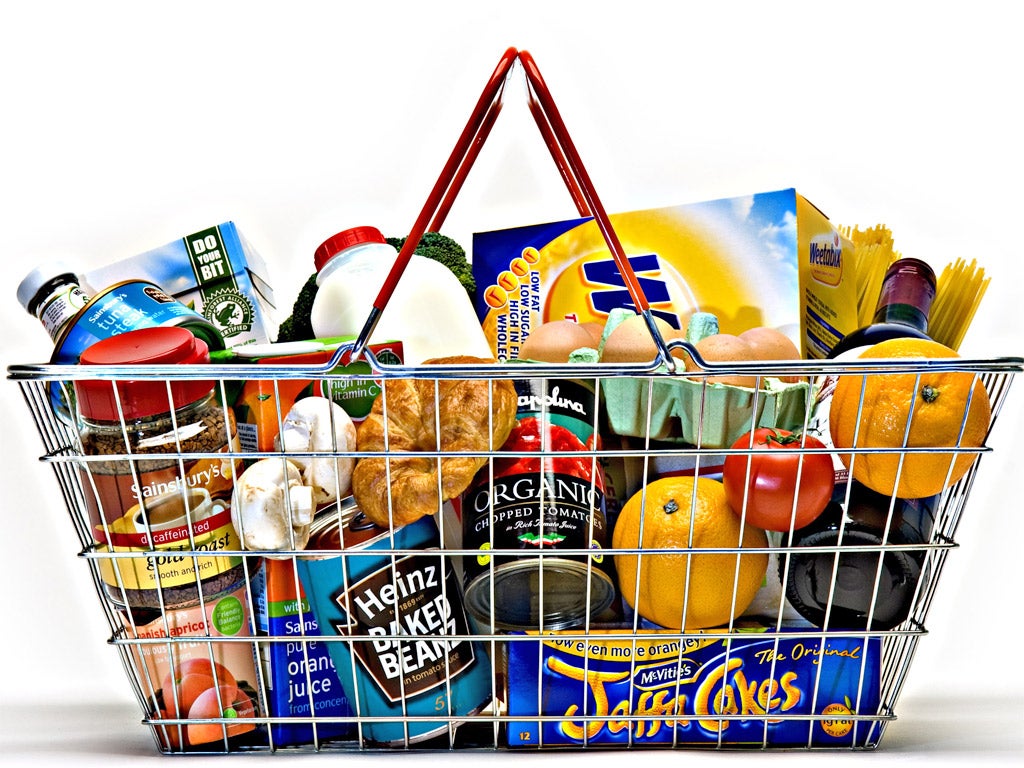Supermarkets accused of special offer rip-offs
By Martin Hickman

Your support helps us to tell the story
From reproductive rights to climate change to Big Tech, The Independent is on the ground when the story is developing. Whether it's investigating the financials of Elon Musk's pro-Trump PAC or producing our latest documentary, 'The A Word', which shines a light on the American women fighting for reproductive rights, we know how important it is to parse out the facts from the messaging.
At such a critical moment in US history, we need reporters on the ground. Your donation allows us to keep sending journalists to speak to both sides of the story.
The Independent is trusted by Americans across the entire political spectrum. And unlike many other quality news outlets, we choose not to lock Americans out of our reporting and analysis with paywalls. We believe quality journalism should be available to everyone, paid for by those who can afford it.
Your support makes all the difference.Shoppers who think they save money by buying in bulk may actually be paying more, according to an investigation exposing a variety of "misleading" supermarket offers.
Many items in shop multibuy promotions, such as "two packs of Innocent smoothies for £5," were actually cheaper if bought singly. The analysis of thousands of prices by a consumer group found.
In an exhaustive check of supermarket offers, Which? found several deals which looked attractive at first glance actually end up hitting consumers in the pocket.
Examples include raising the price of an item for only a few days shortly before putting it "on sale" for months, and advertising a higher "before" price than the one prior to the discount period beginning, both of which give the impression of greater savings. The supermarkets said they had made honest mistakes and apologised to customers.
Which? tracked 700,000 prices over a year from 31 January 2011 and 1 February 2012 at the shopping website Mysupermarket.co.uk. The consumer group did not quantify how many offers it considered to be potentially misleading because there were "so many", but highlighted 24.
Among them, Tesco jacked up the price of a pack of blueberries from £1.80 to £3.99 for a fortnight before offering it for 52 days at £1.99 – still 19p more than before it was hiked.
Asda marked down Aquafresh milk teeth toothpaste to between £1 and £1.17 with a "was" price of £1.74, but Which? could only find it as having been sold previously at £1.17.
Other examples of dubious multibuy offers included Asda doubling the price of a single Müller yogurt from 30p to 61p; the price went back down to 30p when the offer ended. Which? called for a tightening of government guidelines on pricing. The current guidelines state that the "was" price should be the most recent a product was sold at for 28 consecutive days, and that a product should not usually be on offer for longer than it was at the higher price.
Most of the supermarkets said the offers highlighted were occasional lapses. Asda said: "We are only human and occasionally we make mistakes. By and large our systems and procedures ensure those instances are kept to an absolute minimum."
Tesco explained it changed millions of price labels in store online each week "and we sometimes make mistakes, for which we apologise."
Join our commenting forum
Join thought-provoking conversations, follow other Independent readers and see their replies
Comments